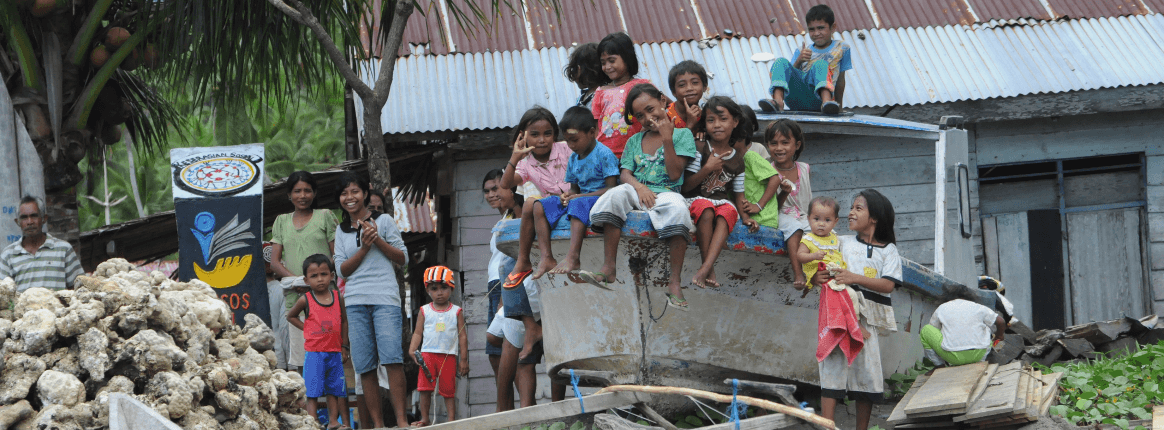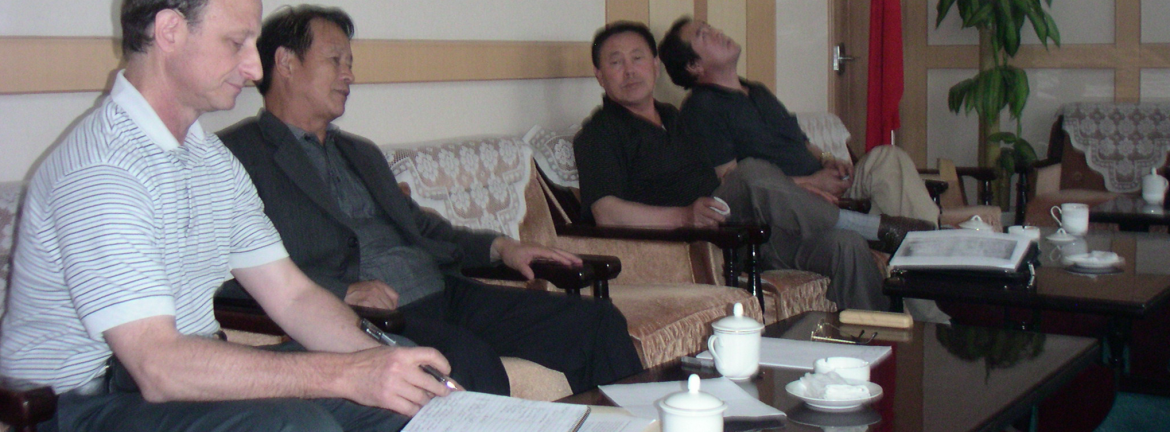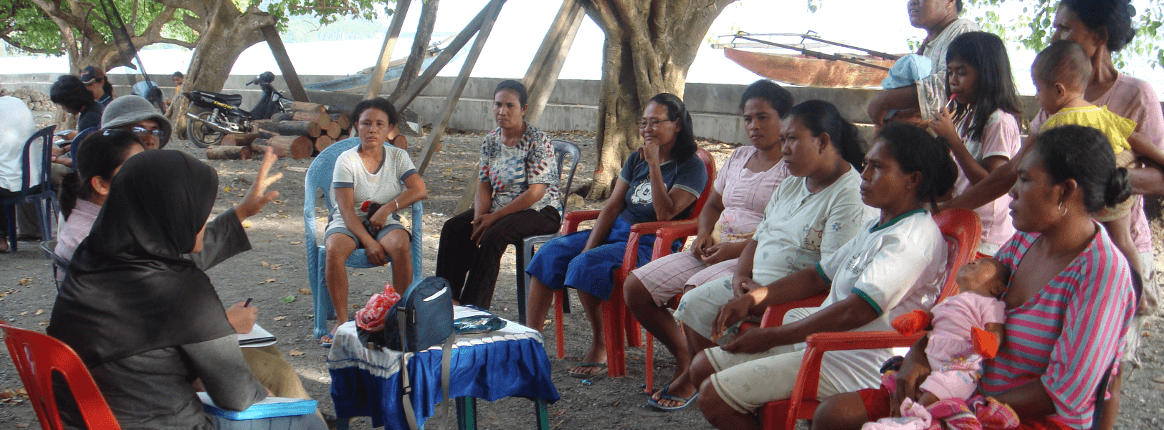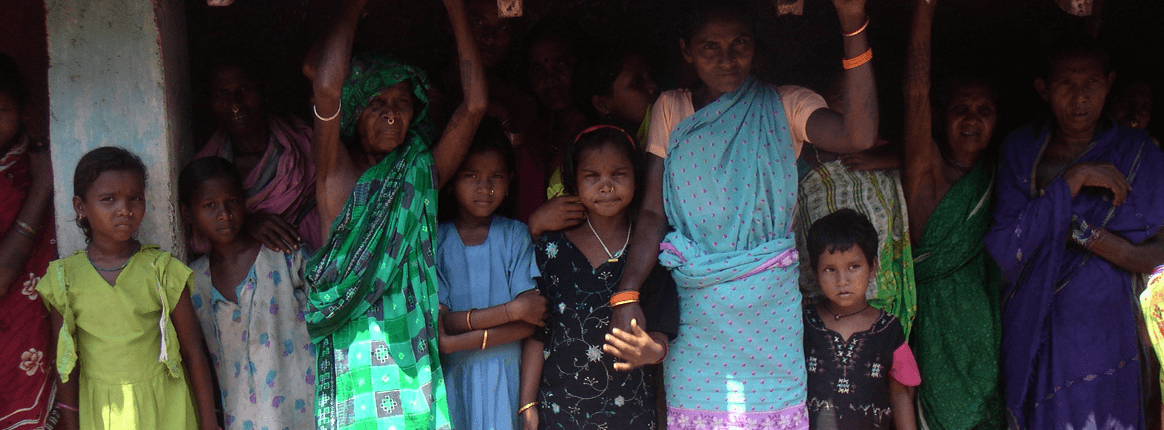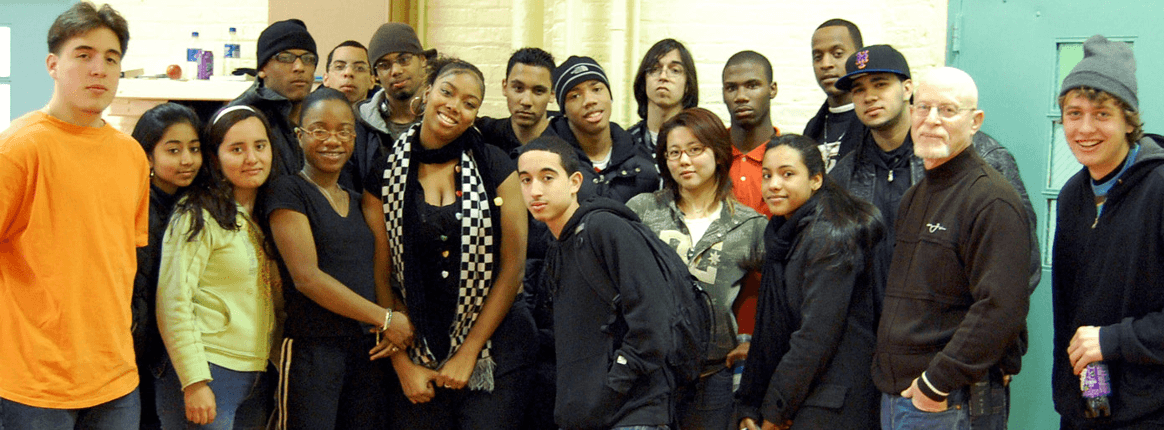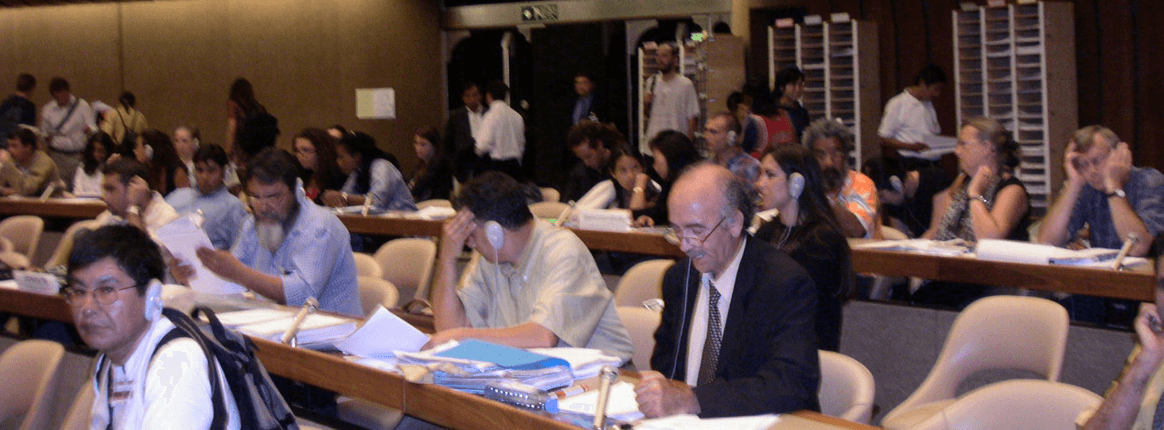Characteristic of all CCCS services is our commitment to Good Practice. CCCS believes that the best way for clients to keep costs down, to ensure the timeliness of project operations, and to maintain collaborative forms of stakeholder engagement is to pro-actively implement robust forms of social programming. We therefore consult with our clients on how projects can be designed and/or re-tooled to realize such Good Practice.
CCCS specializes in two social development initiatives, one working with clients to implement IFI/MDB Indigenous Peoples policies–and especially the successful achievement of FPIC, while the other focuses on achieving Restorative Justice & Racial/Ethnic Equity gains in educational contexts.
While the requirement of Free, Prior, and Informed Consent (FPIC) for projects affecting the natural resources, causing relocation, or appropriating cultural heritage has long been a demand of Indigenous Peoples worldwide, only recently has FPIC been elevated to a new global standard. But how to achieve this new standard?
In this new initiative, CCCS CEO Dr. Greg Guldin is offering his decades-long social development experience working with indigenous communities to support International Financial Institutions (IFIs), private firms, and government agencies in their implementation of the new FPIC standard.
Bridging communication gaps between different cultures is CCCS’ specialty. Misunderstandings and disputes between peoples operating in different cultural spheres, such as ethnic, governmental, school, or corporate cultures, are common phenomena. CCCS Associates are trained to provide specialized brokering services for situations where cultures collide, to appraise ‘conflict’ situations and to facilitate dialogue, mitigation, and — ultimately — conflict resolution.
CCCS has provided cultural brokering and dispute resolution services to Union Bay Apparel by addressing major points of cultural contention and helping different parties to communicate their differing needs and interests. CCCS also supports diversity training and cultural awareness initiatives in the field of education. We have been engaged by schools and school boards to develop multicultural education initiatives and guidebooks for school administrators, as well as to facilitate cross-cultural community communications.
Another major CCCS initiative is a comprehensive cultural transformation and conflict resolution framework focused on public schools. We are now working with the NYCDOE to apply a Restorative Justice approach in schools with high suspension rates to fundamentally transform the social relationships between all the people in their buildings. The 100% RESPECT! Campaign is one embodiment of this Restorative Justice Approach, which aims to ensure that students, teachers, and administrators all treat one another with full and equal respect at all time. Both of these examples embody the CCCS approach to education and diversity and fit within the larger rubric of social-emotional learning. Thus fostering the growth of caring, community-oriented citizens and institutions.
Over the past several decades, international financial institutions (IFIs) have mandated ever-more stringent social safeguards requirements for project operators to comply with when projects affect Indigenous Peoples lives and livelihoods. There is no shortage of examples: Free, Prior and Informed Consent (FPIC), cultural heritage management, land acquisition compensation frameworks, benefits-sharing requirements, health and safety safeguards—the list goes on, and gets longer every year. Even when a project is not financially dependent on IFI funding, non-adherence to these kinds of Indigenous Peoples safeguards entails a range of costs, from reputational damages to forced shut-downs of operations. Compliance with Indigenous Peoples social safeguards (both national and international) is key to demonstrating project commitment to social sustainability.
With our depth of experience in Indigenous Peoples policy formulation, any project that has to design an approach to Indigenous Peoples issues can do no better than to contact CCCS.
CCCS has served on policy design teams for the World Bank, the International Finance Corporation (IFC), the Asian Development Bank (ADB), and the European Bank for Reconstruction and Development (EBRD). We have co-written, edited and reviewed these institutions’ policy implementation guidebooks and staff training manuals. Putting policy into practice, we have also designed the social development strategies for projects now commonly cited as global Good Practice examples. CCCS has also helped to analyze operational parameters for use of Country Safeguard Systems, and has supplied the ADB and IFC with policy recommendations for implementing the principle of Free, Prior and Informed Consent. Similarly, we have provided feedback to IFC on their Influx Management Guidebook.

